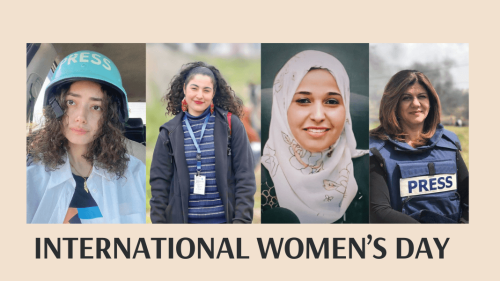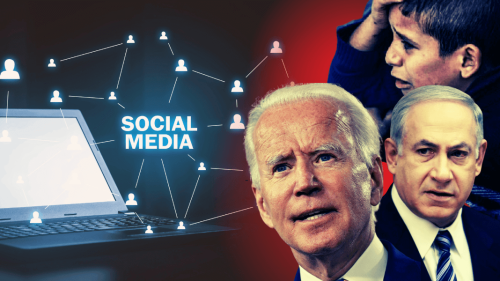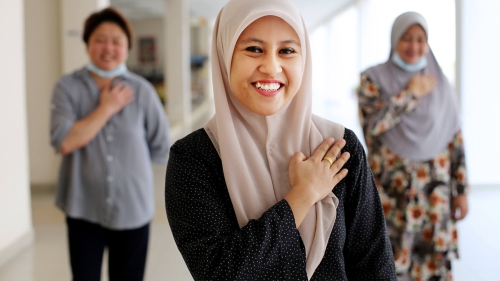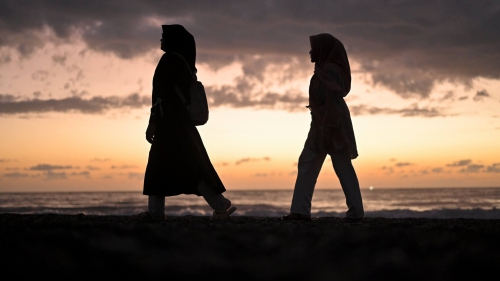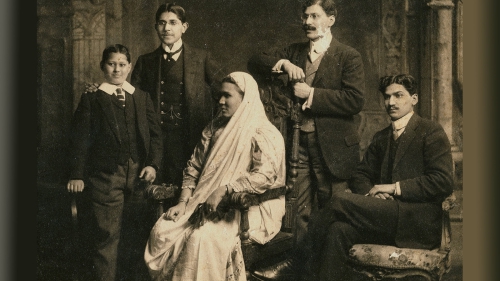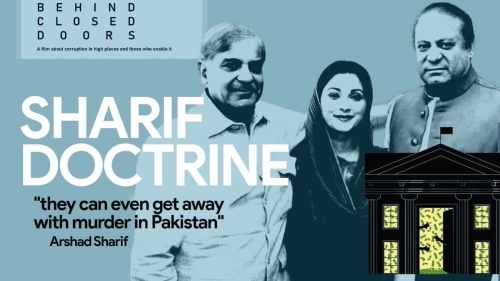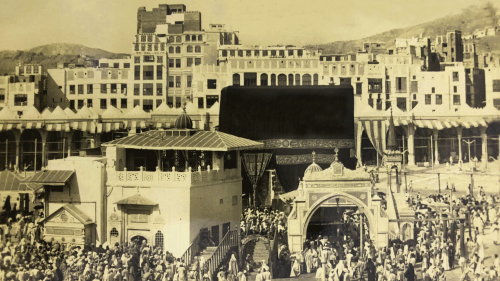The Evolution of Muslim Women's Political Participation

At the end of last semester, I asked the female students of the “Gender and Politics” class whether they were interested in joining politics after a semester of being ‘grilled’ with knowledge and analysis on theories and issues related to women's political representation. I saw only a few hands raised.
Young women may be discouraged from getting involved in politics for multiple reasons, including the bystander effect, which makes it less likely for them to do so as they see how biased media coverage and increased backlash and intimidation are often directed at female politicians. Therefore, I realized there is more to be done to increase young Muslim women's interest in being actively involved in politics and representing Muslim women’s voices. This is crucial as Muslim women are often portrayed as oppressed and lack agency to make their own decisions. Hence, there is a need to improve the image of Muslim women, which can be done by increasing their voices in the decision-making process.
Political representation happens when political actors speak and act on behalf of others in the policy-making process as Hanna Pitkin (1967) says “to make present again”. However, Muslim women are now facing great obstacles as they are struggling to gain their voices in the public space as the state disempowers them by limiting their ability to make decisions for themselves. For instance, Muslim women are not allowed to choose what to dress in public settings. In July 2021, a ruling by the European Court of Justice stated that women in jobs where they interact with the public may be fired for refusing to remove their hijabs. Meanwhile, in other parts of the world, Muslim women and girls continue to struggle to receive a basic education since the government or their guardians either forbid it or they lack the funds to enroll in educational facilities.
Muslim societies often ranked lower in the Gender Gap Index Report, but Muslim countries have made leaps of progress when it comes to female political leadership. Countries such as Kyrgyzstan, Bangladesh, Indonesia, and Senegal have had women holding the highest political leadership positions in these countries. Names such as Sheikh Hasina, Halima Yaacob, Najla Bouden, and Benazir Bhutto should be familiar to the Muslim world as the leaders of their respective countries. It needs to be acknowledged that many Muslim-majority countries including Malaysia are still struggling to have more equal women political representation in the legislative bodies but there is an increasing trend for Muslim women in politics.
Women's political representation in Algeria, Sudan, and Tunisia had reached 30% or slightly more in 2018, while Saudi Arabia and Morocco had increased women's political representation to 20% and 17%. Meanwhile, in 2022, the United Arab Emirates (UAE) has achieved equal parity in terms of descriptive representation of women in its legislative body with women making up 50% of its Federal National Council which is the third highest country in the world in terms of female political representation after Rwanda and Cuba and the only Muslim country in the top 10 list.
Muslim women also have made their way into politics in Muslim minority countries such as Australia and the US. In Australia, Dr. Mehreen Faruqi, Dr. Anne Ally, and Senator Fatima Payman are among the Muslim women occupying the House of Representatives and the Senate respectively. Senator Fatima Payman, an Afghan-descent Australian is also the first hijab-wearing Muslim woman to be elected as a Senator and is also currently the youngest serving senator. The US also has seen encouraging numbers of Muslim women winning the 2022 election with 61% of the Muslim women candidates winning the contested seats. Among them are Nabilah Islam and Nabeela Syed. The latter is the youngest State Assembly member in the state of Illinois’ history at 23 years old and their first Muslim representative as well.
Looking at this encouraging political participation of Muslim women around the globe, we must also be inspired to follow their examples. Let us be reminded as well that Muslim women have proven to be effective members of society in Islamic history and not only confined within the four walls of their houses. The stories of the women in the Prophet’s (S.A.W) household such as Khadija bint al-Khuwaylid, a powerful and well-respected woman in the society who provided the Prophet (S.A.W) moral, financial, and psycho-social support as his beloved spouse. Aisha bint Abu Bakr, the life companion of the Prophet (S.A.W) who also was responsible for narrating many of Prophet (S.A.W) hadeeths and one of the most respected Islamic scholars who has impacted the lives of Muslims until today. Fatimah bint Muhammad (S.A.W) the daughter of the Prophet SAW whose faith and devotion towards Islam are unmatched. Not forgetting also, the sacrifice of Sumayyah bint Khayyat who was the first martyr in the history of Islam. It is a reminder that Muslim women contribute equally as men and are valued the same in the eyes of Allah SWT.
Muslim women must participate in the legislative process in order to guarantee that laws are produced that reflect their interests, which traditionally may have been marginalized and ignored. Therefore, political participation is a way in which Muslim women can amplify their voices to be heard by policymakers so that Muslim women can create a safe space for themselves to be active and contributing members towards building a harmonious and peaceful society.
Dr. Rabi'ah Aminudin is an Associate Professor at Department of Political Science, AbdulHamid AbuSulayman Kulliyyah of Islamic Revealed Knowledge and Human Sciences (AHAS KIRKHS), International Islamic University Malaysia.
Topics: Government And Politics, Muslim Women Values: Equality, Freedom, Justice
Views: 1212
Related Suggestions






